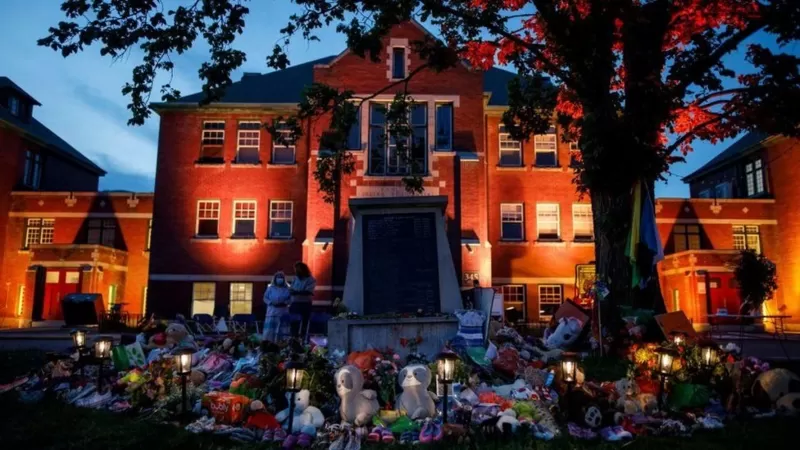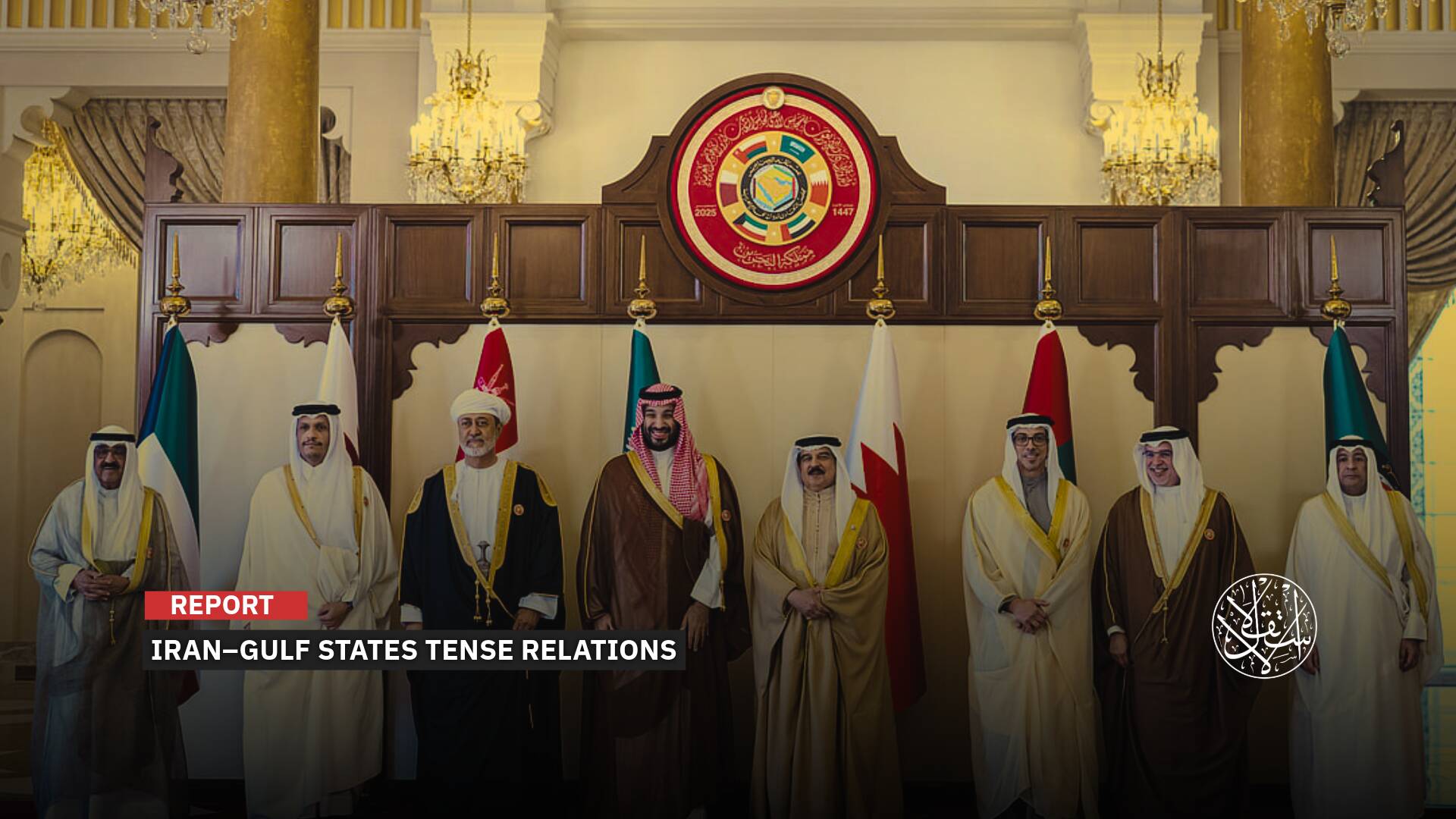Will the Pope's 'Pilgrimage of Penance' Turn the Page on the Church Crimes Against the Aboriginal Children in Canada?

Pope Francis arrived in Canada on July 24 for a visit he described as a "pilgrimage of penance" to apologize for abuses by the Catholic boarding schools of Indigenous children.
The pope's plane landed in Edmonton, western Alberta, as the first of three stops across the country. The pope is visiting Quebec City and the capital of Nunavut, Iqaluit, to leave the country on July 29.
Between 1881 and 1996 more than 150,000 Aboriginal children were separated from their families and transferred to boarding schools. Many children were starved, beaten, and sexually abused in a system that the Truth and Reconciliation Commission of Canada described as "cultural genocide."
Although Canada's leaders have known about the deaths of large numbers of children in these schools since 1907, the issue has gained prominence after the discovery of unidentified graves at or near these former boarding schools last year.
Responding to pressure after the discovery of these tombs, the Pope apologized for the Catholic Church's sad actions in Canadian schools earlier this year, during a visit by Indigenous delegates to the Vatican.
Now the Pope comes to apologize on Canadian soil. Yet, survivors and Indigenous leaders said they wanted more than just an apology.
'Past Unjust Practices'
Pope Francis arrived Monday evening at the site of a former Aboriginal boarding school in Canada to apologize and ask forgiveness for the "past unjust practices" of the Catholic Church.
The Pope began his historic 6-day visit on a Journey of Atonement, as he described it, where he will once again express his grief and apologize for the violations committed by the church-run boarding schools against Indigenous children.
Pope Francis has offered his long-awaited historic apology for the church's role in the violence suffered by thousands of children in Aboriginal boarding schools for more than a century in Canada.
"I ask for forgiveness," he said after arriving at the site of a former historic school. "I am deeply sorry."
Surrounded by presidents representing all three Aboriginal groups, Francis was delivering his apology at the site of the former Ermineskin boarding school in Maskwacis, Alberta.
The pope also apologized for what he called the "destructive" policy of forced integration into Indigenous boarding schools.
The Canadian government had formally apologized 14 years ago for the establishment of these schools, and paid billions of dollars in compensation to former students.
Pope Francis arrived Sunday evening in Edmonton in the province of Alberta (west), where he will spend three days before heading to Quebec and then Iqaluit in the Arctic archipelago.
During this 37th international trip since his election in 2013, he will first speak to the Indigenous peoples, the Amerindian peoples who make up 5 percent of Canada's population and are divided into three groups: Indians or First Nations, Métis, and Inuit.

Possible Reconciliation?
The visit aims to achieve reconciliation between the Catholic Church and the Indigenous peoples of Canada.
It should be noted that between the end of the 19th century and the 1990s, about 150,000 Indigenous children were forcibly enrolled in more than 130 state-supported boarding schools, most of which were run by the Catholic Church.
These children were separated from their families, language and culture and were often subject to violent, sometimes sexual abuse.
About six thousand children died, in what a national commission of inquiry considered a "cultural genocide," in a country where the discovery of more than 1,300 unidentified graves in 2021 caused a real shock, prompting the authorities to declare a "reconciliation day."
The Guardian revealed that: “Despite the church's shift towards atonement in recent years, its handling of financial settlements are likely to once again come under scrutiny.”
In 2007 the Catholic church agreed to pay C$29m to compensate the survivors. However, it didn't fulfill its agreement. It distributed only a fraction of that number, giving excuses for the poor fundraising efforts.
The Canadian media disclosed that: “The church controls more than C$4bn in assets and constructed gilded cathedrals while claiming it lacked the funds to honor its promise of compensation. Indigenous leaders have also called for all of the school records to be released unredacted.”

Unmarked Graves
The bishops of the Catholic Church in Canada have apologized to the Indigenous population after the discovery in July 2021 of more than 1,000 graves near boarding schools, according to a statement published Friday.
"We, the Catholic Bishops of Canada, express our deepest regret and offer an unequivocal apology," the statement read.
They acknowledged the "sufferings experienced by boarding school students" and the "serious violations committed" by some members of the Catholic community.
From the beginning of the 19th century until the 1990s, some 150,000 Amerindian, Mulatto, and Inuit children who had been forcibly separated from their families, their language, and their culture were placed in 139 such boarding schools across the country for culture infusion.
Many of them were mistreated or sexually assaulted, and more than 4,000 people died in those schools, according to the commission of inquiry.
In July 2021, Indigenous peoples in Canada called on their government to release records of attendance at boarding schools to help identify the dead in unmarked graves.
The First Nation Group (Tekalops Chuswab) announced in May 2021 the discovery of 215 unmarked graves near a school, Kamloops Indian Residential, a boarding school in the province of British Columbia, which was permanently closed in 1978.
The First Nation group represents one of the largest remaining ethnic groups of the ancient Indian Chuswab nation, which inhabited British Columbia before its colonization.
Canadian Prime Minister Justin Trudeau said after the discovery: "This discovery is a painful reminder of that dark and shameful chapter of our country's history.”













